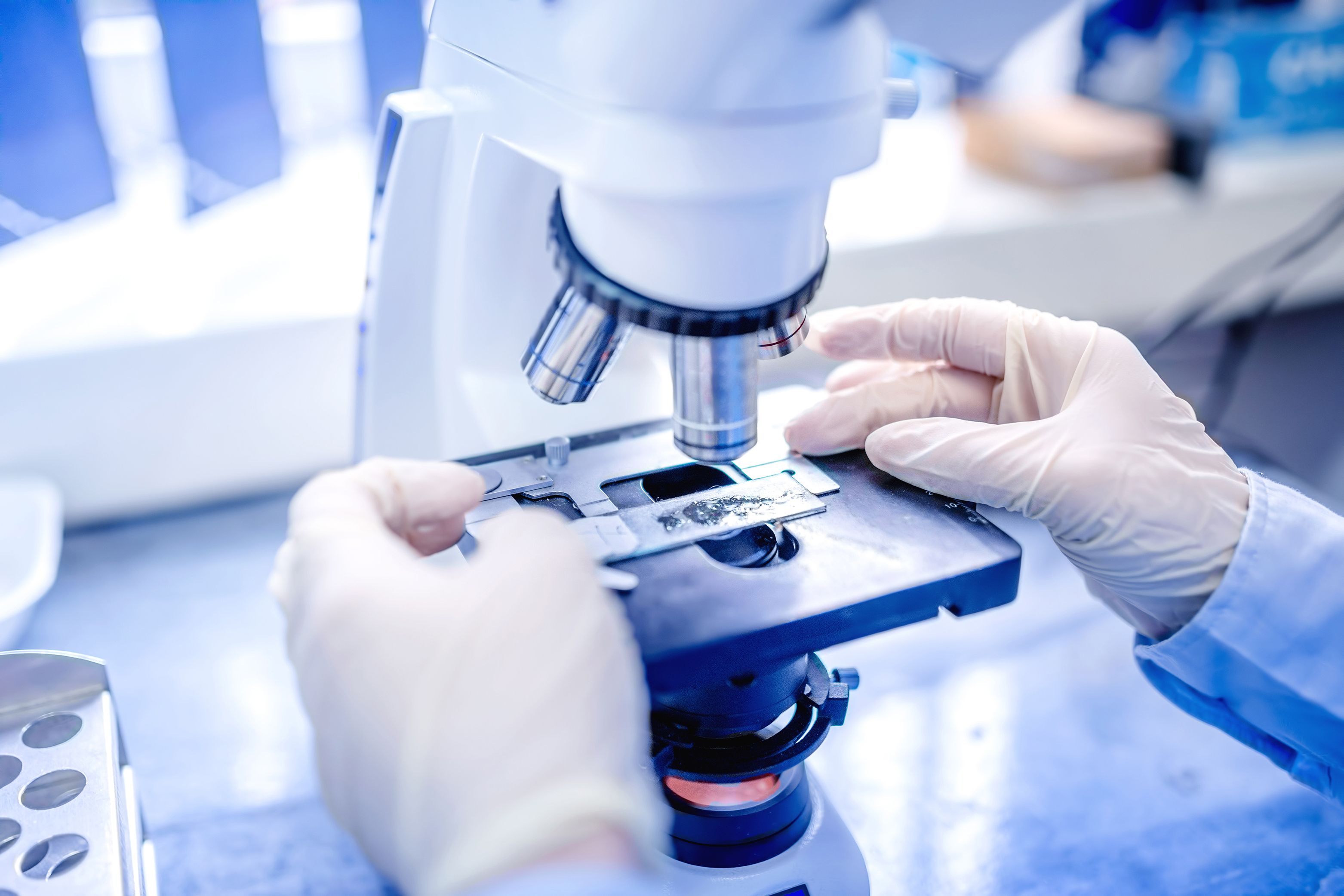
(Wien, 03-09-2018) Anaplastische Großzell-Lymphome (ALCL) sind seltene Tumore der weißen Blutkörperchen. Neue Forschungen des internationalen ERIA Konsortiums unter Leitung von WissenschafterInnen in Wien haben nun gezeigt, dass der gleiche Signalweg in verschiedenen Arten von ALCL essenziell für das Wachstum der Tumorzellen ist:TYK2 (ein wichtiger Bestandteil des Immunsystems) verhindert den apoptotischen Zelltod durch Erhöhung der Ausschüttung des BCL2-Familienmitglieds Mcl1, einer speziellen Proteinart. Daher stellt TYK2 aufgrund seiner einzigartigen enzymatischen Zusammensetzung ein interessantes therapeutisches Ziel dar, und TYK2-spezifische Inhibitoren sind daher vielversprechend als neuartige Therapeutika bei ALCL.
A particularly fruitful area of personalised medicine is cancer treatment, where improved diagnostic methods are able to break cancers down into increasingly smaller subcategories, thereby making it possible to apply individual treatment strategies. The molecular analysis of human tumour samples has therefore become a focus of cancer research, to identify new therapeutic targets and validate them in tumour models, in order to improve the clinical management of cancer patients. However, this faces clinicians with several challenges, including increasingly comprehensive diagnostics as well as the problem of adequately validating this data for smaller patient groups. This is all the more urgent in the case of rare cancers such as ALCL, where the number of patients is so small.
Nicole Prutsch and Olaf Merkel from the Medical University of Vienna and their international colleagues have now reported in the journal "Leukemia" that, rather than finding yet another subdivision of the ALCL subgroups, they have managed to identify a common actor in ALCL patients. TYK2 is not only expressed in all patients but produces the same anti-apoptotic reaction, which keeps the lymphoma cells alive and so helps the tumour to grow.
"We were therefore able to regard the TYK2 signals as the Achilles heel of ALCL, since both types of ALCL that we investigated relied on its activity to maintain the essential signal to protect against cell death," explains Olaf Merkel, who is co-last author of this publication together with Lukas Kenner. Attenuating the TYK2 signal in the cell culture resulted in rapid cell death and, in ALCL model mice, in which TYK2 was genetically switched off, the researchers observed that the laboratory animals survived for longer.
Lukas Kenner from MedUni Vienna and the Ludwig Boltzmann Institute for Cancer Research and co-founder of the European Research Initiative on Alk-mediated diseases (ERIA) emphasises the potential therapeutic significance of TYK2-inhibitors in ALCL. "We look forward to TYK2 inhibitors, which are currently being developed for treating immunological diseases, being available, since we urgently need better treatments for rare lymphomas," he stresses.
Dependency on the TYK2/STAT1/MCL1 axis in anaplastic large cell lymphoma
Nicole Prutsch, Elisabeth Gurnhofer, Tobias Suske, Huan Chang Liang, Michaela Schlederer, Simone Roos, Lawren C. Wu, Ingrid Simonitsch-Klupp, Andrea Alvarez-Hernandez, Christoph Kornauth, Dario A. Leone, Jasmin Svinka, Robert Eferl, Tanja Limberger, Astrid Aufinger, Nitesh Shirsath, Peter Wolf, Thomas Hielscher, Fritz Aberger, Johannes Schmoellerl, Dagmar Stoiber, Birgit Strobl, Ulrich Jäger, Philipp B. Staber, Florian Grebien, Richard Moriggl, Mathias Müller, Giorgio G. Inghirami, Takaomi Sanda, A. Thomas Look, Suzanne D. Turner, Lukas Kenner, Olaf Merkel . Leukemia. 2018 Aug 21 https://doi.org/10.1038/s41375-018-0239-1